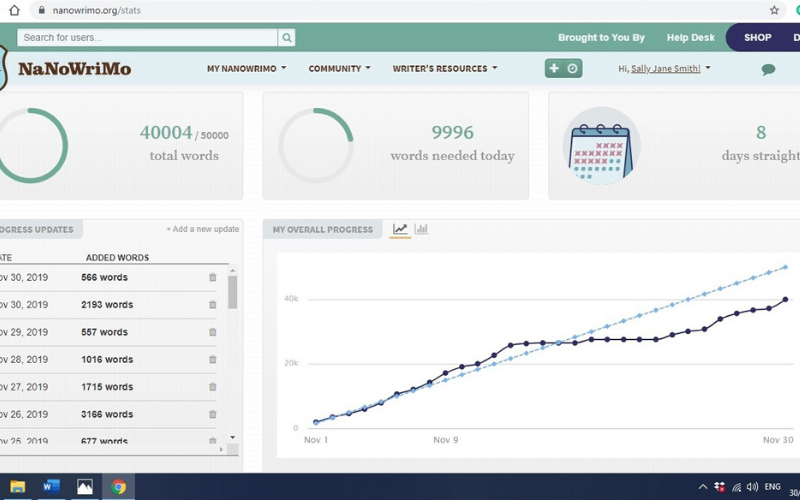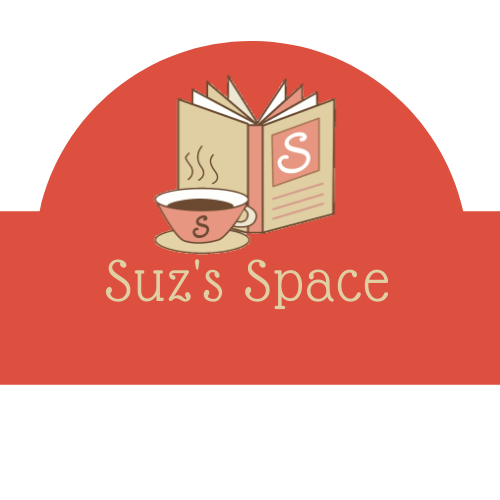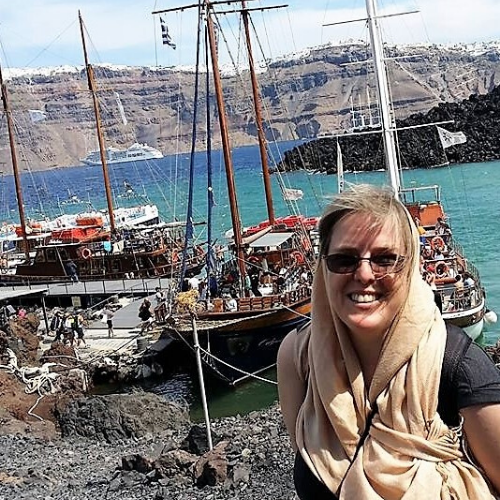Today’s special article was written by my friend Sally Jane Smith. She shares the highs and lows of her past year. Sally’s article has a lot of good advice.
National Novel Writing Month (or NaNoWriMo) is an annual online challenge in which you undertake to write a 50,000-word manuscript in thirty days. The main project runs in November, but there are other events during the year. The next is Camp NaNoWriMo, which begins on 1 July 2020 and in which you have more freedom to set your own goals. If you’d like to know more, click here.
When I took on NaNoWriMo, I was a sceptic. Given that I’d been toiling over my Greek travel memoir for three years, the idea that a book – a good book – could be written in a month made me cringe. I didn’t see the point of churning out thousands of poorly crafted words and labelling them a manuscript.
But my own writing had stalled. Horribly.
I’d been planning it for over a year: the seven-week solo trip through Turkey on which my second book would be built. The itinerary was more than a list of places I’d visit. It was the framework for a story, a carefully structured journey based on the themes of heritage, family history, triumph over fear, and the matching of books to destinations.
Life intervened. Or, rather, death did. My niece, Carly, was killed in a road accident in Hanoi just two days before I boarded the plane. The lighthearted adventure I’d planned was shrouded in a smothering fog of grief. I was barely able to breathe through the pain. And I lost the capacity to write.
Half a year later, when I made a public commitment to National Novel Writing Month, I hoped I’d be swept up in euphoric spirit with the hundreds of thousands of other participants. The discovery that Erin Morgenstern’s The Night Circus, a book I love, was born through NaNoWriMo helped me to overcome my prejudice against the project.
My NaNoWriMo wasn’t an exhilarating experience, though. It was a hard, hard slog.
Here’s what I learned:
- It’s tough, but doable. Given a few pre-dawn hours, and the bulk of each non-working day, I could grind out the required wordcount.
- A three-hour, early morning writing session before heading out to my paying job didn’t sap my strength, as I’d expected. Instead, it energised me. At least, it did at first.
- But the discipline of writing every day drained me dry. While many authors advocate a daily routine, I found this is not for me. Writing became a chore. My words suffered, becoming dull and lifeless.
- The intervals between writing are more important than I’d realised. When a week passes between sessions, there can be magic in my keyboard. On a good day, it is as if the shape of the story flows from my fingers – even in the first draft, there is a trace of the narrative to come. I understand, now, that my subconscious works away all the time, molding the story before my hands touch the keys.
By contrast, my NaNoWriMo output became a tedious memory dump. This raw material may yet prove valuable, but producing it was like being forced to sit through a casual acquaintance’s slideshow of thousands of travel photographs. Reading it, I’m sure, would be even worse.
This phase of writing can be compared to mining a massive boulder, a great lump of stone to be hauled from the depths of the earth. This is where the harshest labour lies, in heaving the unwilling mass, inch by inch, from the dark. Later, I might have the joy of finding hidden curves in the rock. I might sculpt and polish them into something beautiful.
There’s no point in undertaking NaNoWriMo if you are not committed to your goal – but it’s just as important to know when to let it go.
So, when my friends met up for cocktails, I stayed home. When my partner suggested a rare lunch date, I declined with regret. But when bushfire threatened my sister’s home and she asked me to come by to pack up her most treasured possessions, including family paperwork and photographs, no mention of NaNoWriMo escaped my lips. Instead, I asked, “Do you want me to stay tonight?” and quietly wrote off two days of writing.

The Australian bushfires kept growing, and Tassin needed more help. When things were at their worst, the Three Mile fire covered 36,000 hectares, its front a simmering threat five kilometres from her fence line, and the mammoth Gospers Mountain fire wasn’t much further away. Long before it got to that point, I’d packed my bag for another overnight stay as she prepared to evacuate her wildlife sanctuary.
My sister has the strangest household, with around 300 native Australian animals living mostly in wild bushland, and now my task was to respond to a flood of Facebook messages. It was a fulltime job for two of us. We couldn’t have managed without those donations and volunteers, and the thousands of caring comments brought us real comfort. Trying to keep up with answering this tsunami of love, though, was exhausting beyond measure.
By then I was four days behind in my writing, and the tension headache I dragged home with me brought me to six days behind. NaNoWriMo was no longer achievable, and I relinquished the challenge with a mixture of relief and a deep disappointment in myself.
I failed NaNoWriMo.
I learned, though, that once you give up, you can start again, and that it’s okay to choose a new target.
My project derailed at 26,331 words. I limped along for another thousand words or so before quitting. But I took it back up. While my sister, her remarkable team of rangers and dozens of spontaneous volunteers continued their battle, backed by an awe-inspiring level of community support, I stayed home and managed a modest but satisfying 40,004 words by the end of the month.
I still haven’t figured out whether there’s a book in my Turkey trip. I don’t know if I can sustain the balance – between writing about exploration and writing about grief – that would make it a story worth telling. But I’ve started.
I’ve started.
Sally Jane Smith is the author of Unpacking for Greece (published 2023) – named by Greek government website Greek News Agenda as ‘Reading Greece Book of the Month’ – and Repacking for Greece (coming April 2024). Subscribe to her free newsletter for readers, travellers and writers at www.SallyJaneSmith.com/newsletter or find her on social media as @JourneysInPages.


I think Sally’s story resonates with many people. When you’re struggling with everyday commitments such as .jobs, family, and for some the coved situation has made it tougher, it can be hard to find time to commit time to write. I’ve thought about joining NaNoWriMo, but I don’t think I have the commitment in me at this stage. Maybe next year. Love your writing Sally.
And that’s why I felt it was so important to publish Sally’s article.
Thank you, Suzie, not only for inviting me to write this piece but also for being an unfailing support in the last couple of years.
You are what I believe is called a “good literary citizen” – someone who actively supports a community of fellow writers. There have been occasions when I’ve been mired in self-doubt, and you have bolstered my confidence and encouraged me to keep going.
You are most welcome.
I like that phrase. I’m tempted to put it on my business card next time I need to print them. But seriously, this is something I’ve learned from a few places: the blogging community, Discworld community and then they put a polish on it at uni.
Thank you, Joanne. That means a great deal to me.
I agree – I’m not tackling NaNoWriMo this year, either. It was a valuable experience, but I’m not sure whether I’ll ever do it again. I’m sure you’ll take it on if and when it’s right for you, or you’ll make your own goals and achieve them in other ways. Keep writing when you can, and accept that sometimes life intervenes – that’s what I try to do, anyway.
I’m so looking forward to reading your work when you’re ready to share it.
I feel you’ve learned so much from doing NaNoWriMo. I’m not encouraging you to do it again, but you’ve learned what works for you and that’s a lesson some people never learn.
Courageous to have started such a challenge & courageous to have been able to quit when Life demanded more pressing needs – needs that are built on relationships that last a lifetime.
Courageous also to have shared your “failure”, but then we must realise that an awful lot of luck goes into meeting this kind of challenge, in the same way that a HUGE amount of luck sees a person put foot on the Moon or even on an international sport’s field.
Another time, maybe – just maybe – all the necessary factors might fall into place, along with your passion to write & the moment of commitment.
I love how you can see exactly why I wanted Sally to write this article. It’s that courage, that willingness to give it a go and that willingness to let it go when the need arose.